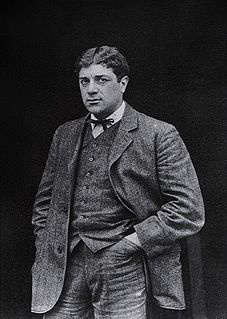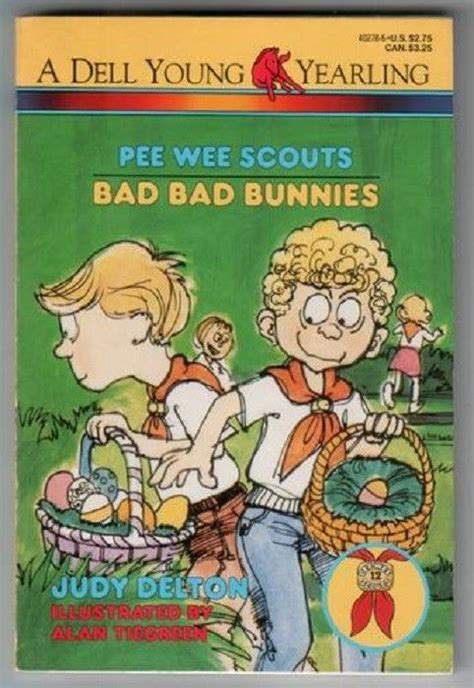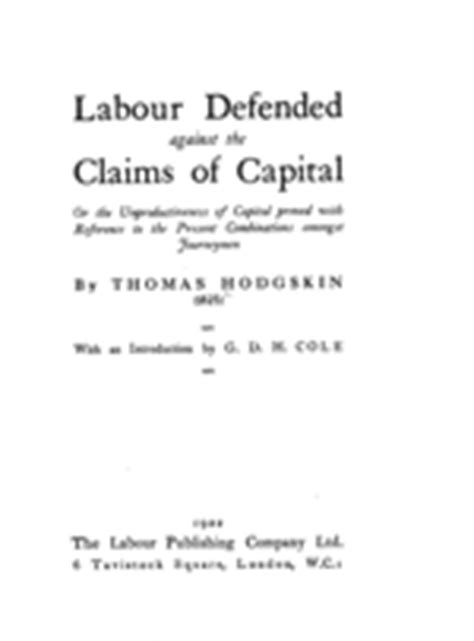A Quote by John Burroughs
The Nature Lover is not looking for mere facts but for meanings, for something he can translate into terms of his own life.
Related Quotes
The idea of duty, that recognition of something to be lived for beyond the mere satisfaction of self, is to the moral life what the addition of a great central ganglion is to animal life. No man can begin to mould himself on a faith or an idea without rising to a higher order of experience: a principle of subordination, of self-mastery, has been introduced into his nature; he is no longer a mere bundle of impressions, desires, and impulses.
I couldn't portray a women in all her natural loveliness.. I haven't the skill. No one has. I must, therefore, create a new sort of beauty, the beauty that appears to me in terms of volume of line, of mass, of weight, and through that beauty interpret my subjective impression. Nature is mere a pretext for decorative composition, plus sentiment. It suggests emotion, and I translate that emotion into art. I want to express the absolute, not merely the factitious woman.
Nature must be viewed humanly to be viewed at all; that is, her scenes must be associated with humane affections, such as are associated with one's native place. She is most significant to a lover. A lover of Nature is preeminently a lover of man. If I have no friend, what is Nature to me? She ceases to be morally significant. . .
Men had better be without education than be educated by their rulers; for their education is but the mere breaking in of the steer to the yoke; the mere discipline of the hunting dog, which, by dint of severity, is made to forego the strongest impulse of his nature, and instead of devouring his prey, to hasten with it to the feet of his master.
A religion, that is, a true religion, must consist of ideas and facts both; not of ideas alone without facts, for then it would be mere Philosophy; - nor of facts alone without ideas, of which those facts are symbols, or out of which they arise, or upon which they are grounded: for then it would be mere History.
































